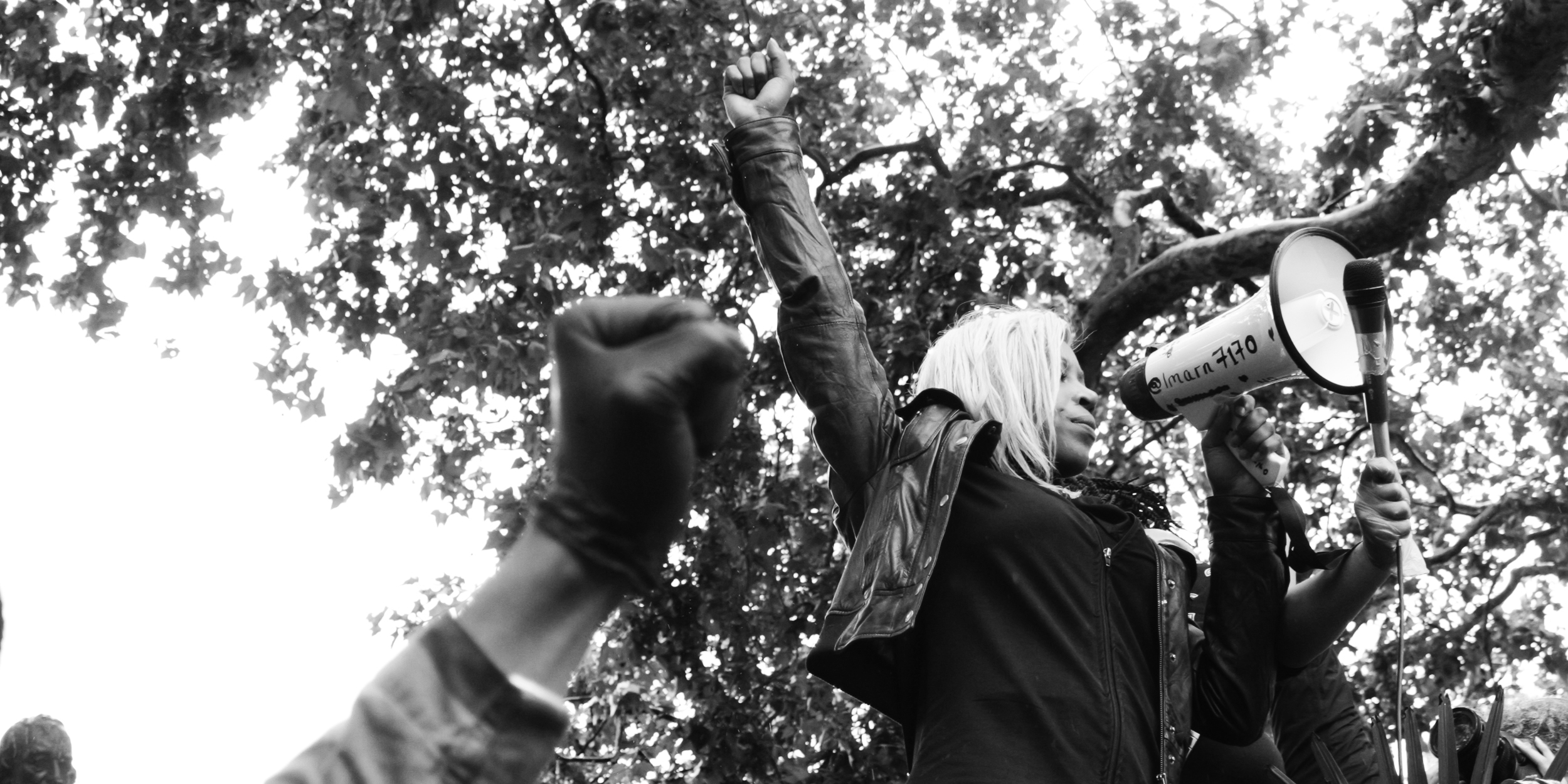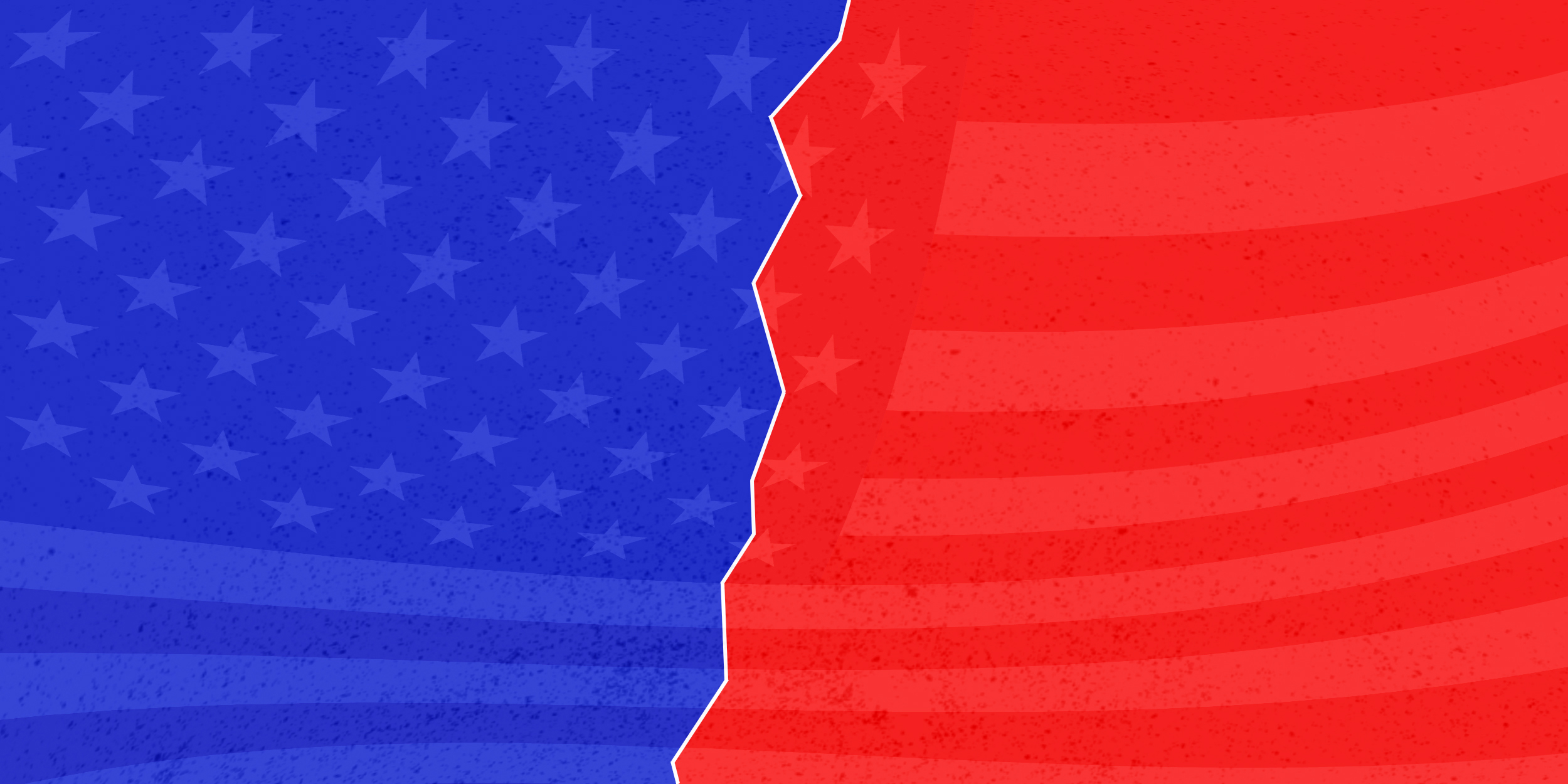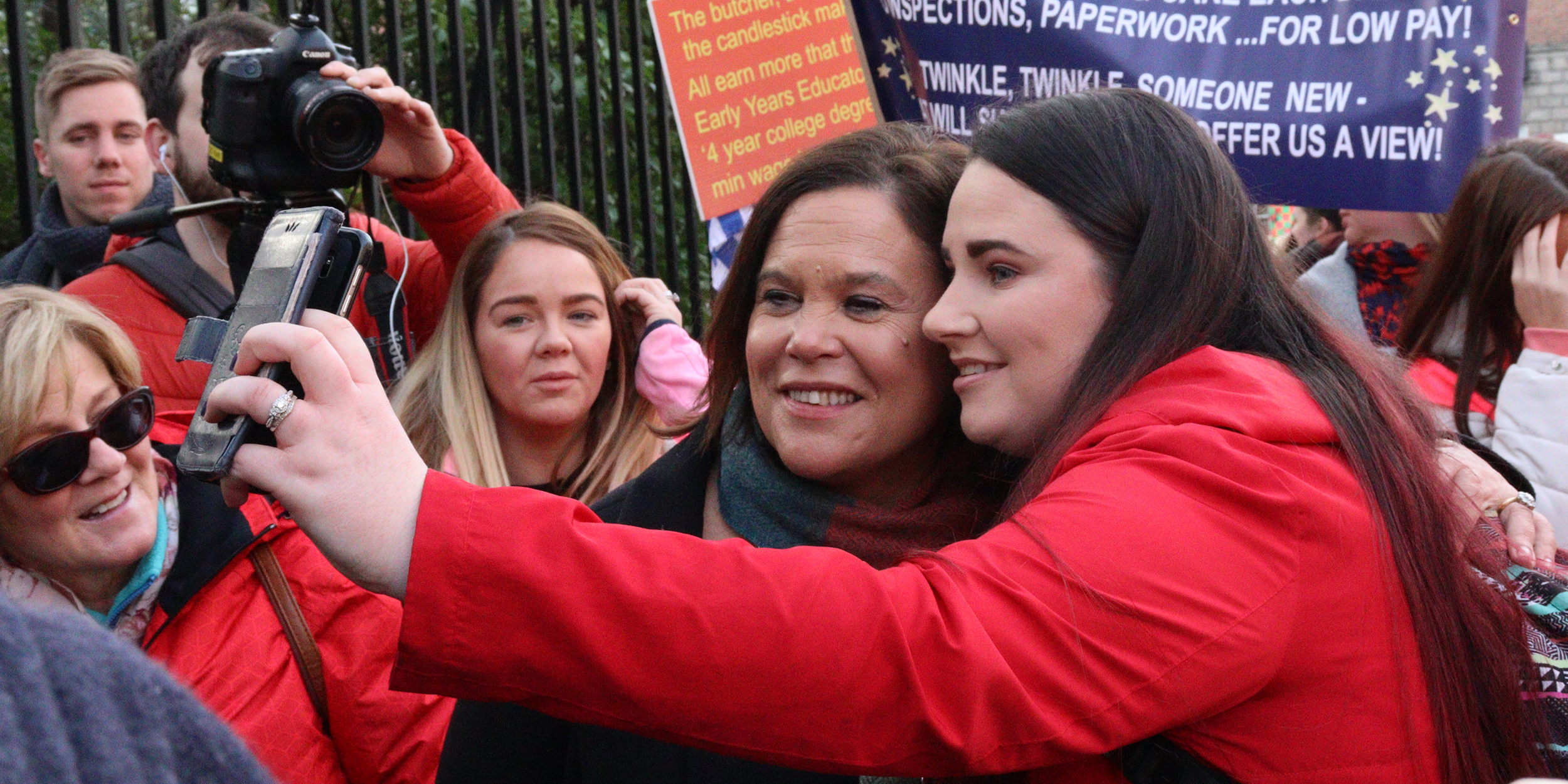What damage has COVID-19 caused to trust in our society and why is repairing trust so important in the global recovery from the pandemic? Janine Aguilera Mesa explores the economic and social implications of trust in a post-COVID-19 world.
COVID-19 is not merely a health-care crisis. It is also resulting in a colossal economic and trust crisis, endangering the values of cooperation that have allowed humankind to develop into the modern society we have today. In short, trust itself is at stake.
Several studies show mutual trust among members of society to be a crucial factor in economic development. Even Adam Smith and his contemporaries strongly believed that economies could not be studied independently from sociological and cultural factors. Viewed from this perspective, trust may be understood as “social capital”.
A large body of literature has recently discovered the important role of trust in financial development and transactions, customer loyalty, commitment, cooperation, competitive advantage, corporate brand, reputational capital and high turnover. Similarly, high levels of trust have been proven to build resilience to stock market downturns.
Businesses, just like people, create relationships with customers and other stakeholders built off trust and reputation. Business valuation fluctuates not only on the capacity to turn a profit but also from the reputation the company builds over time.
Trust is also a driver for popular compliance to rules and laws issued by governments. Social trust, or the belief in a competent, honest, or benevolent “other party”, is known to be highly related to functioning institutions. Without trust in the government, support for policy implementation is difficult to mobilize, particularly in crisis situations. Empirical evidence also shows that the speed and magnitude of a post-crisis recovery highly depends on the level of trust in institutions, companies and other members of society.
The current COVID-19 crisis, governmental responses, measures taken by the private companies, and racial injustices are undoubtedly affecting our perceptions of trust. The 2020 Edelman Trust Barometer reveals that the mass population of 11 countries, including the U.K, U.S, China and India, trusts none of the four institutions measured by the study (government, business, NGOs and the media).
There is a marked disappointment with the private sector’s performance during the crisis. Only 43% of the 13,000 people polled believe companies are protecting their employees sufficiently from COVID-19, whereas 45% are confident that businesses are putting people before profits. CEOs rank last on the list of leaders who are seen to have made a positive impact in the crisis, likely because their public profile has been low compared to scientists and government officials (both of whom rate more highly than business leaders).
Edelman explains that people today grant their trust based on two distinct attributes: competence (delivering on promises) and ethical behaviour (doing the right thing and working to improve society). This year’s Trust Barometer reveals that none of the four institutions are seen as both competent and ethical. NGOs lead on ethical behaviour but are poorly regarded as competent, whilst government and media are perceived as both incompetent and unethical.
Empirical research in South Korea revealed the correlation between risk management and social trust in the COVID-19 pandemic. It demonstrated that failure in proactive responses to the crisis resulted in the deterioration of social trust across the country.
Amid these impacts on trust levels, a global recession and massive reduction in demand is a near certainty as some of the world’s biggest economies re-enter lockdown to contain the spread of the virus. Evidence from the Chinese economy suggests a 6.8% decline in the first three months of the year, ending an era of uninterrupted growth dating back to the late 1970s. Consumption also contracted in most other large economies as stockpiles of raw materials put pressure on commodity prices around the world.
Furthermore, COVID-19 has exacerbated inequality within societies and between countries. These social consequences will shift supply and demand dynamics meaningfully. Every month of “hard lockdown” in which social interactions were restricted to contain the spread of coronavirus would knock 2 percentage points off of economic growth. Countries’ economies could recover more slowly than initially expected from the record post-war recession; it could take at least two years before many countries recover from the shock to their economies.
What type of stimulus package could be implemented to blunt the impact of this impending crisis? An economic future with people at its centre is now needed more than ever. While the OECD estimates a €500 billion recovery fund, an injection of money is insufficient in a context where unfettered capitalism is being contested. The middle class is dramatically shrinking, inequality is rising, environmental degradation is becoming more evident, racial injustices are triggering disunity, and public and private institutions, media and NGOs are not trusted by the public. This is not a crisis that solely Keynesian economics can fix—a more comprehensive approach is needed.
During this moment of reckoning, trust has shown to be important fuel to build a strong society, and thus a strong economic and governmental scheme. In the days ahead, trust should be placed in science and healthcare experts, governmental policies, NGO initiatives, employers and investors. Trust is also needed for the public to understand the importance of complying with distancing guidelines.
Trust in the private sector will enhance and improve customer loyalty, commitment, cooperation, competitive advantage, corporate brand, reputational capital, and high turnovers. Beyond bottom lines and overheads, business leaders need to rethink how to rebuild their reputations, regain trust and be better equipped to navigate this crisis and its aftermath.
There are many components to building trust; a strong sense of purpose and ESG (environmental, social and governance) risk awareness are essential elements of ethical investment, transparency, and trustworthiness. Data reveals that investors aged under 40 are more interested in ESG investing compared with their older peers. Furthermore, more than two-thirds of investors under 30 would prefer that their investments have a positive social or environmental impact.
Ultimately, Western countries during and post COVID-19 will need to rebuild trust and the economic systems by promoting ethical investment, ESG risks, and people at its centre. Recent investigations found that consumers are looking to companies to act and advocate for change.
Many people have spent the past four months assessing how unprepared governments and companies were to confront a world health crisis. We have seen the media spreading uncertainty and negative expectations towards the future. Many jobs have been lost and others have lost friends or family. Life has become unpredictable with routines eradicated and interpersonal relationships drastically altered.
Adam Smith wrote that social and cultural factors have the capacity to impact the economic development of a country. The lack of trust in businesses, governments, NGOs, and media contributes to a loss of society’s legitimacy. It also affects the willingness to cooperate, and it is clear that an effective recovery from a global crisis entails a global response; hence trust and cooperation are now needed more than ever.
It is no coincidence that well-functioning economies have always required trust. Without policies and programmes that facilitate trust-building, it will be harder to overcome the aftermath of this epidemic and we will live in a world struggling with fiscal debt, disunity, greed and mistrust. Most importantly, we will have lost the opportunity to rise stronger from this crisis.
Note: this article gives the views of the authors, and not the position of the LSE Department of Government, nor of the London School of Economics.
Main image credit: Branimir Balogović on Unsplash





